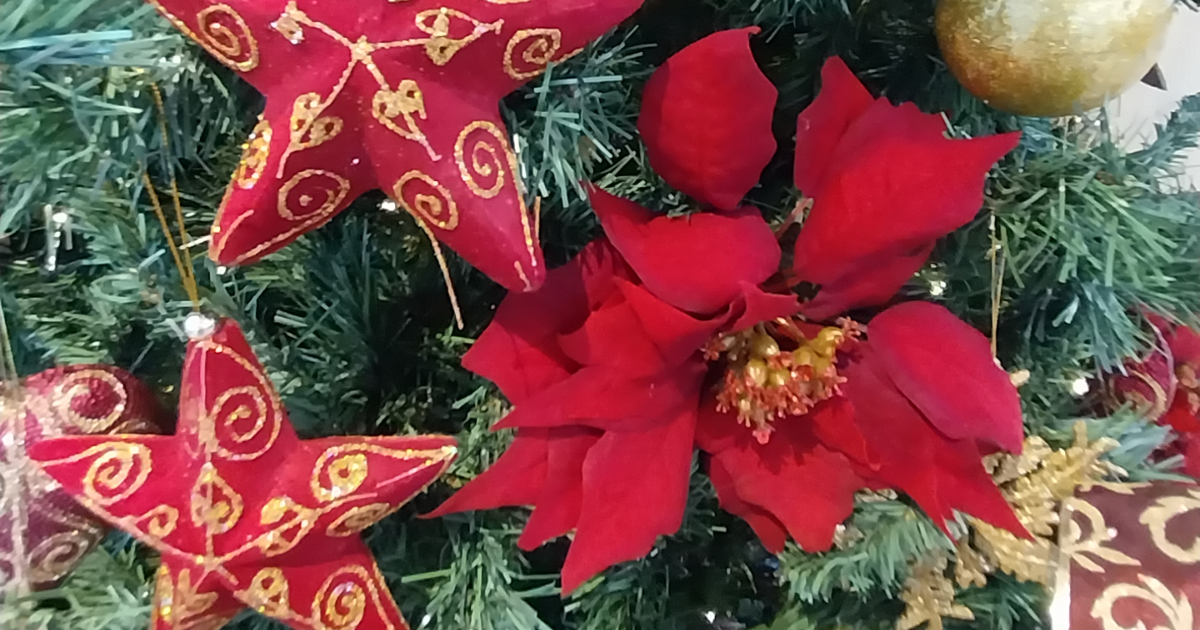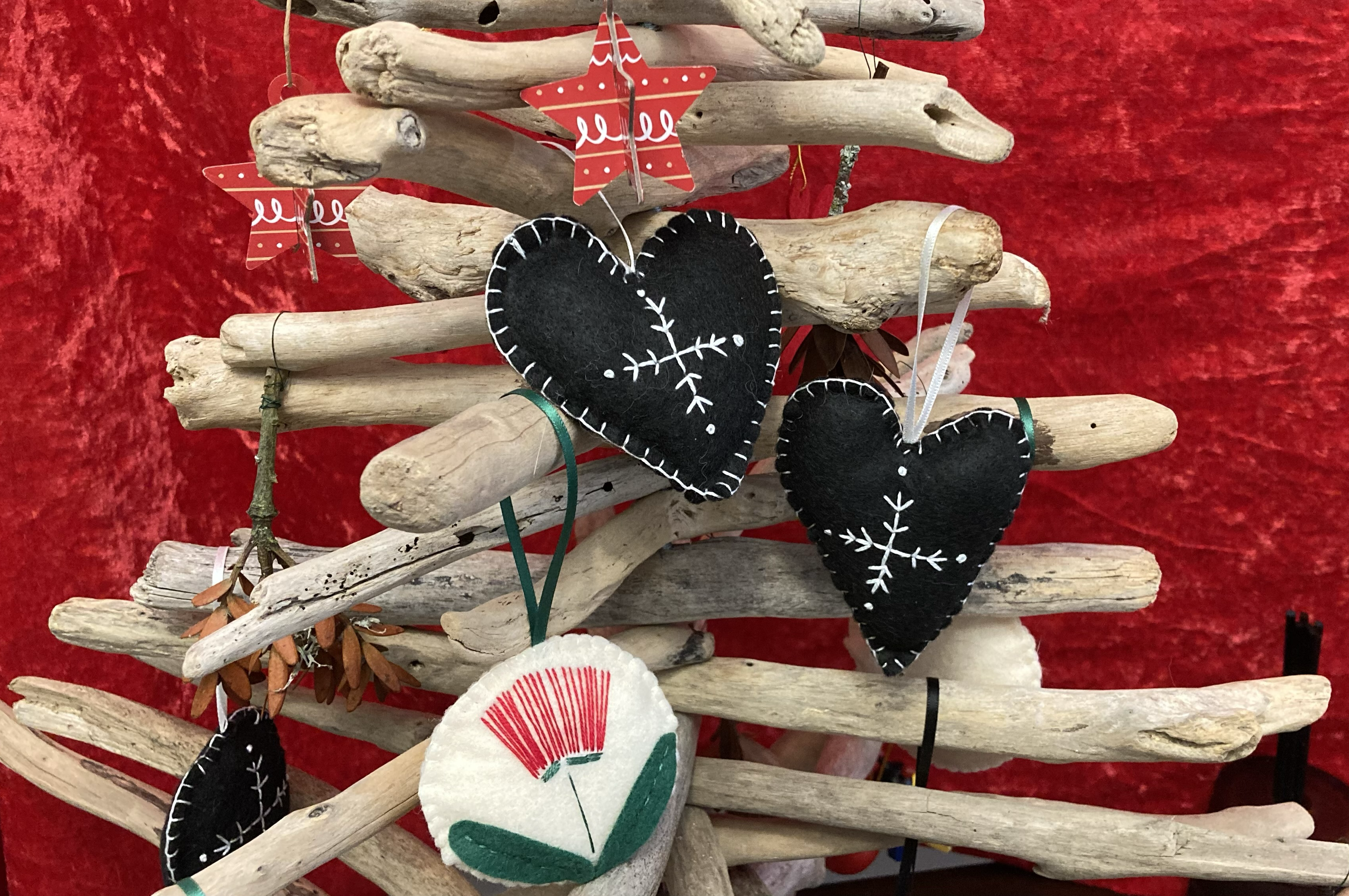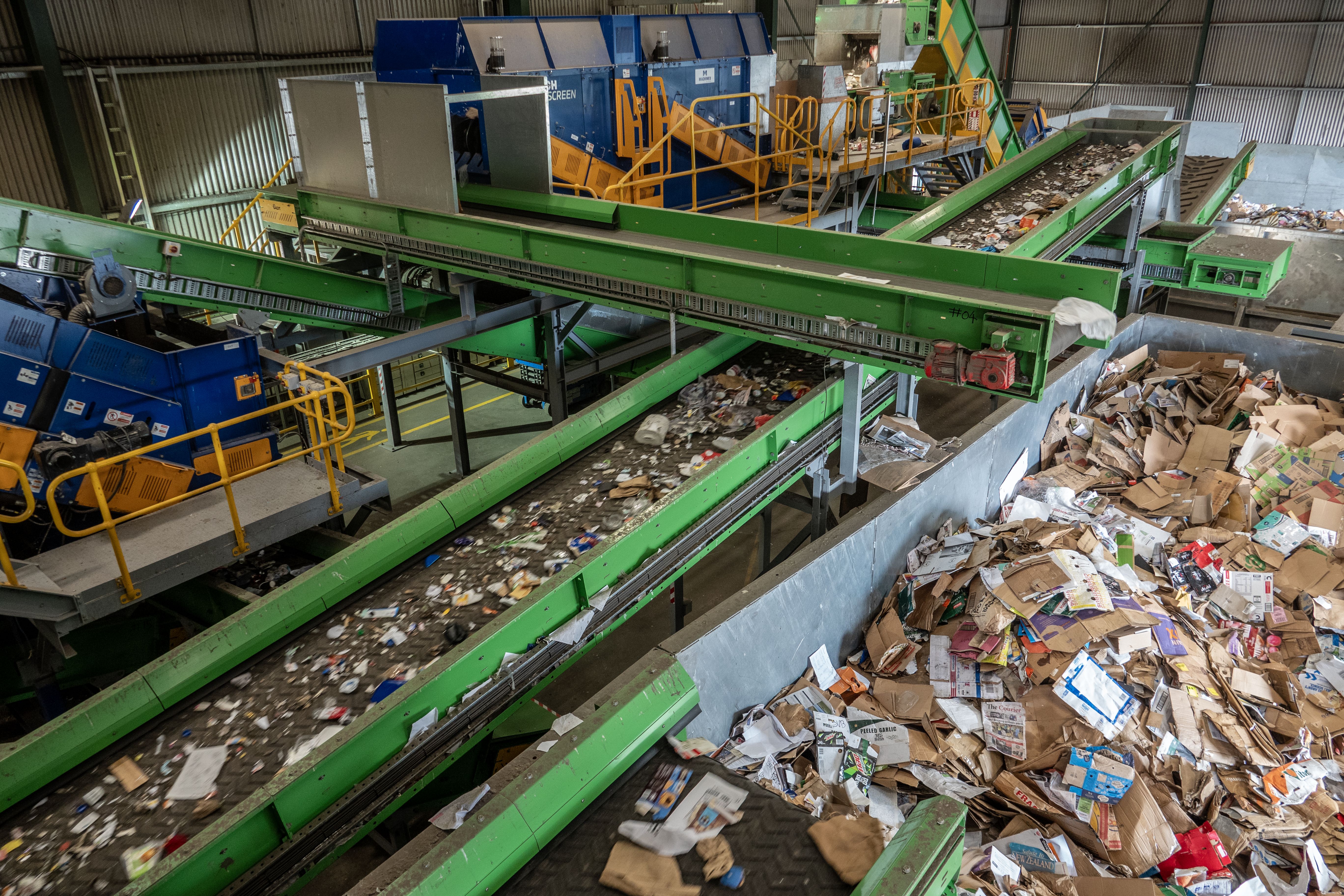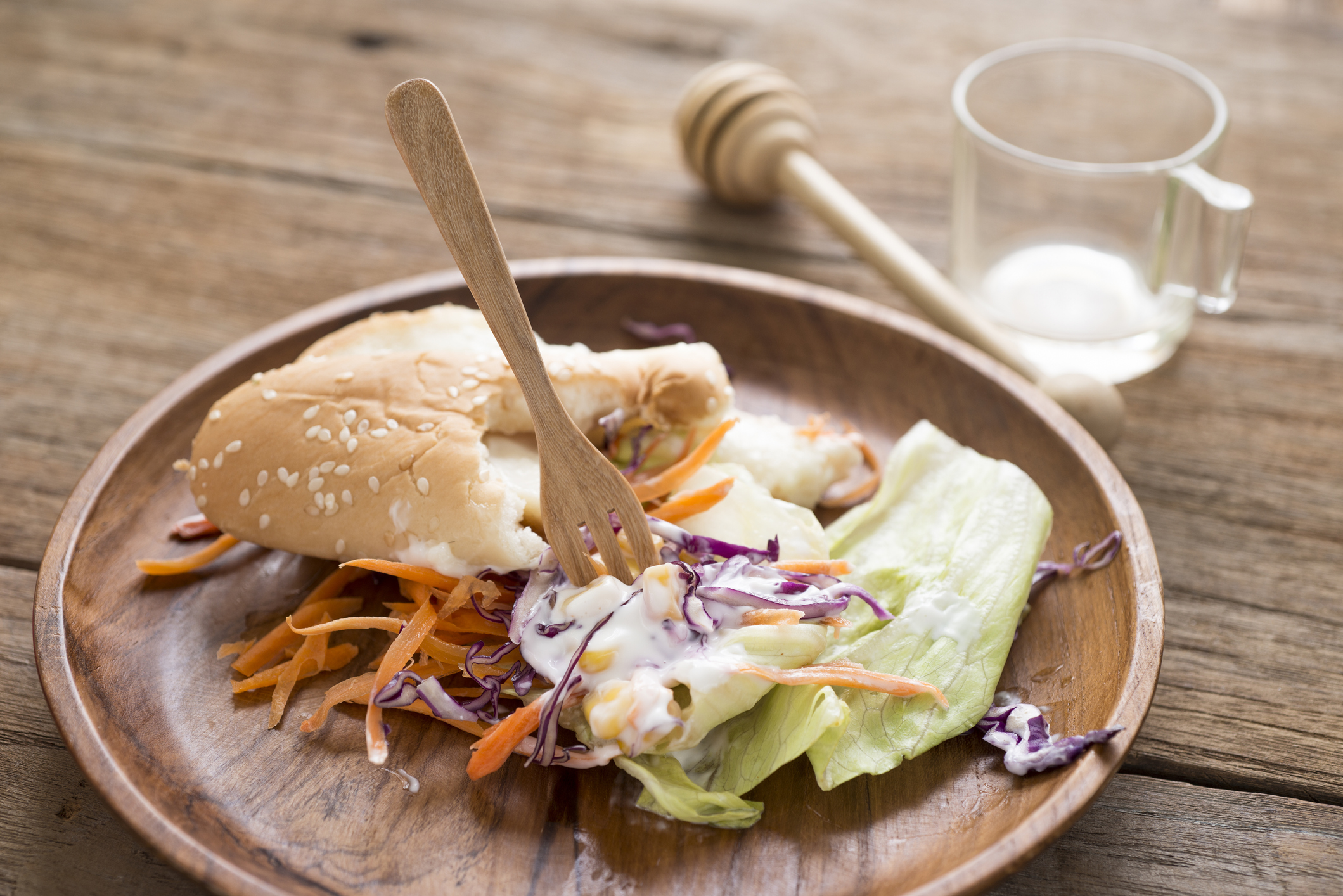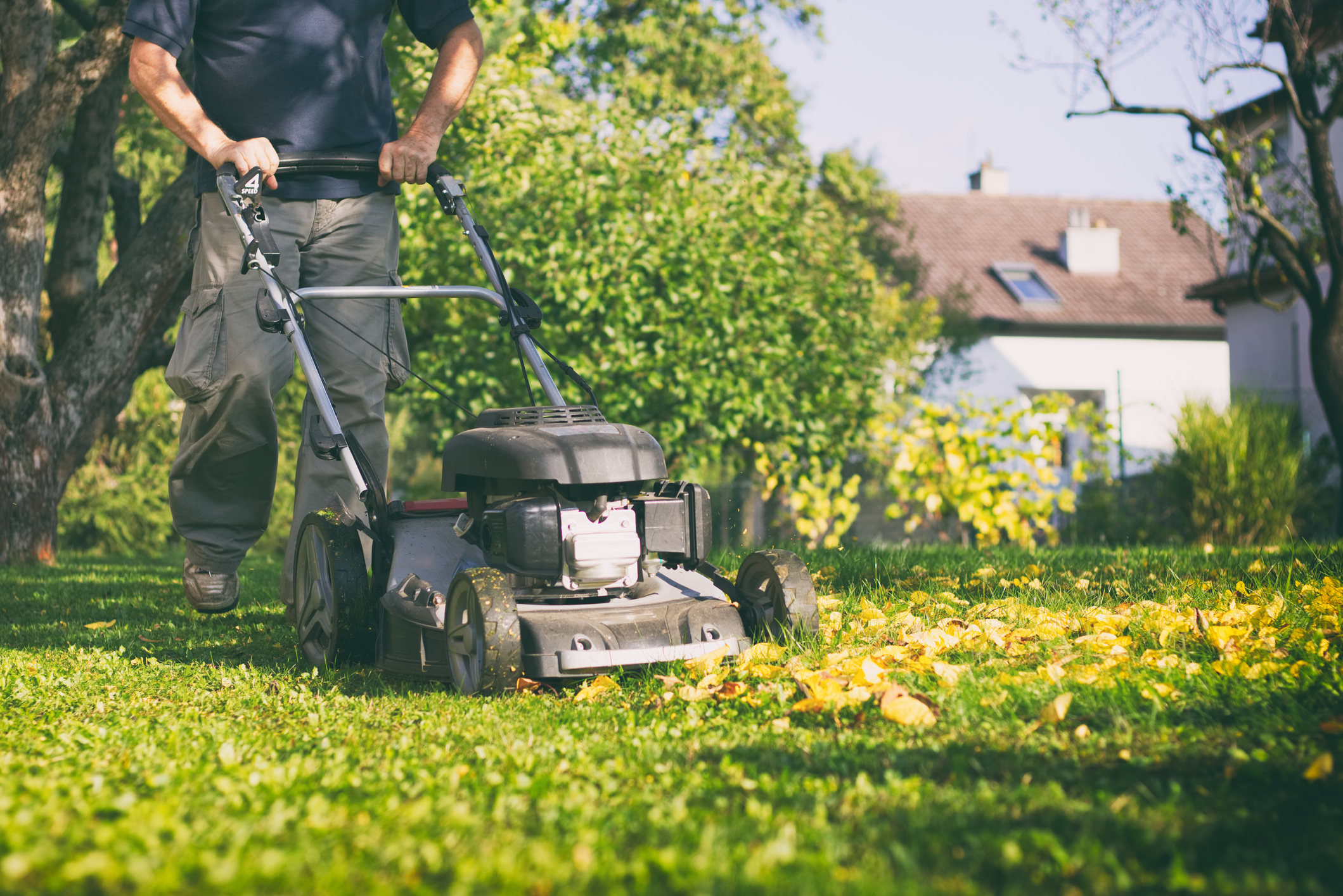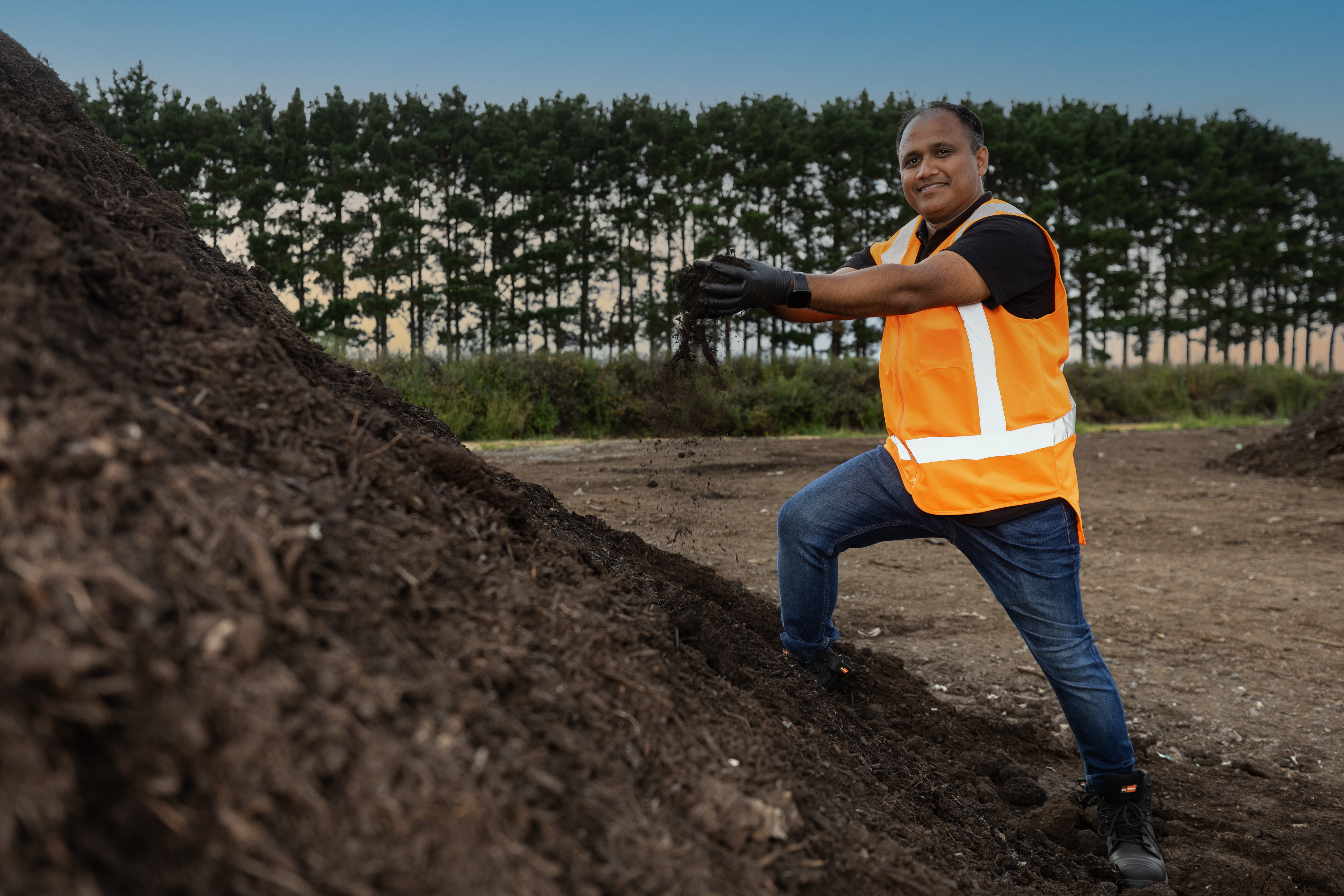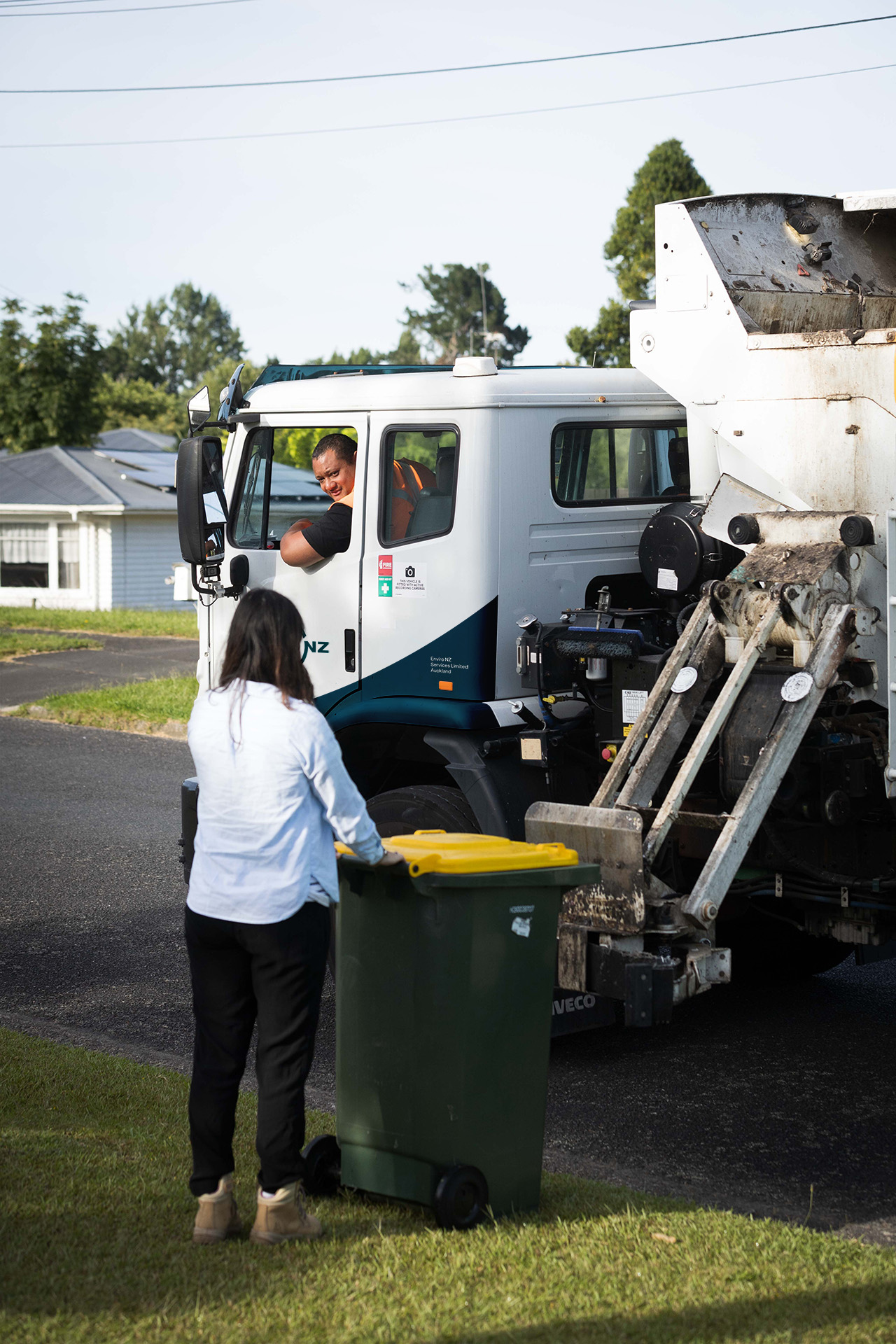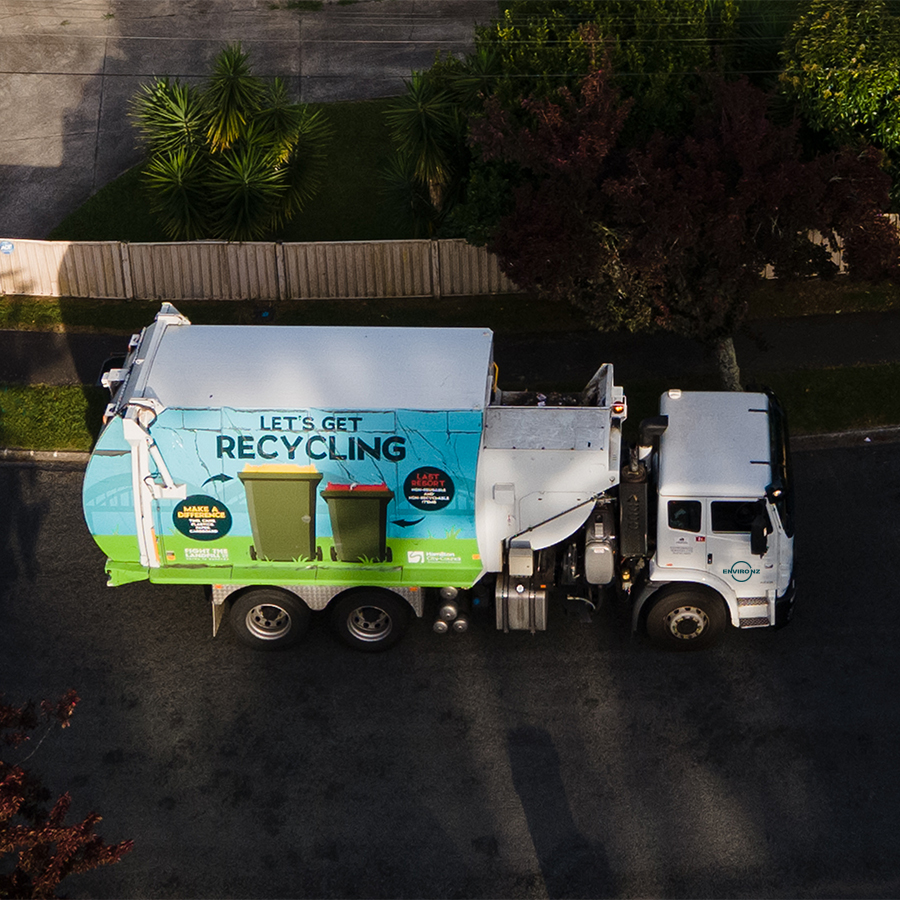As of 01 July 2023, the Government has expanded its single-use plastic ban in an effort to phase out hard-to-recycle plastics and reduce the amount of plastic waste in landfill.
What’s the issue?
As useful as single-use plastics can be to our everyday life, it’s no secret that products made from these materials can have a negative impact on the environment, especially when paired with a fast-paced throwaway culture.
Primarily made from LDPE (Plastics 4), single-use plastic commonly refers to hard-to-recycle items such as plastic bags, straws, or wrappers. Mass-produced and rapidly consumed, these items are often created with convenience in mind, with little thought as to how they can be kept in circulation.
On a global level, it's estimated that we produce around 400 million tonnes of plastic waste each year - much of which ends up in landfill. In New Zealand, resource recovery businesses such as Enviro NZ invest heavily in infrastructure and facilities designed to help keep recyclables out of landfill and in circulation. However, our country has technological limits to what can and cannot be properly recycled. Single-use plastics, as the name implies, are designed for limited use and are notoriously difficult to recycle, with small or malleable items often falling through or entangling and damaging the recycling machinery. This means that most recycling centres across the country are unable to process or accept them.
What's changing?
Starting in 2019 with the ban of single-use plastic bags in supermarkets and retail stores, the Government’s expansion of the ban now means that the following items are no longer allowed to be sold in New Zealand:
2022 Items
- Single-use plastic drink stirrers (all plastic types)
- Single-use plastic cotton buds (all plastic types)
- Plastics with pro-degradant additives (plastic type 7)
- Certain PVC food trays and containers (plastic type 3)
- Polystyrene takeaway food and beverage packaging (plastic type 6)
- Expanded polystyrene food and beverage packaging (plastic type 6).
2023 Items
- Most single-use plastic straws (including compostable or biodegradable plastics)
- Single-use plastic cutlery, plates and bowls (including compostable or biodegradable plastics)
- All single-use produce bags traditionally provided to customers in supermarkets or by retailers
- Non-compostable produce/fruit stickers and labels.
What does this mean for me?
The upcoming ban will challenge New Zealand’s current throw-away habits by encouraging businesses and consumers to explore alternative, environmentally friendly solutions. Here are some ways that you can adapt:
For businesses
- Invest in reusable or compostable alternatives for plastic straws, drink stirrers and single-use plastic cutlery
- Consider providing your customers with paper or cardboard packaging for their produce instead of plastic bags
- Encourage customers to bring reusable bags by providing incentives or discounts or by making these products readily available in store
- Work with waste minimisation experts like Enviro NZ to book a comprehensive waste audit that help improve your diversion rates by keeping recyclables in circulation or finding alternative material solutions.
For consumers
- Remember to always bring a reusable bag when you go shopping. If you have a car, try keeping a couple inside so you don’t forget
- Mesh bags made from natural materials such as jute or cotton are great options for transporting fresh produce
- Try to replace the need for disposable cutlery by bringing your own stainless steel or bamboo alternatives
- When making lunch, opt for reusable alternatives such as beeswax wraps over single-use plastic.
